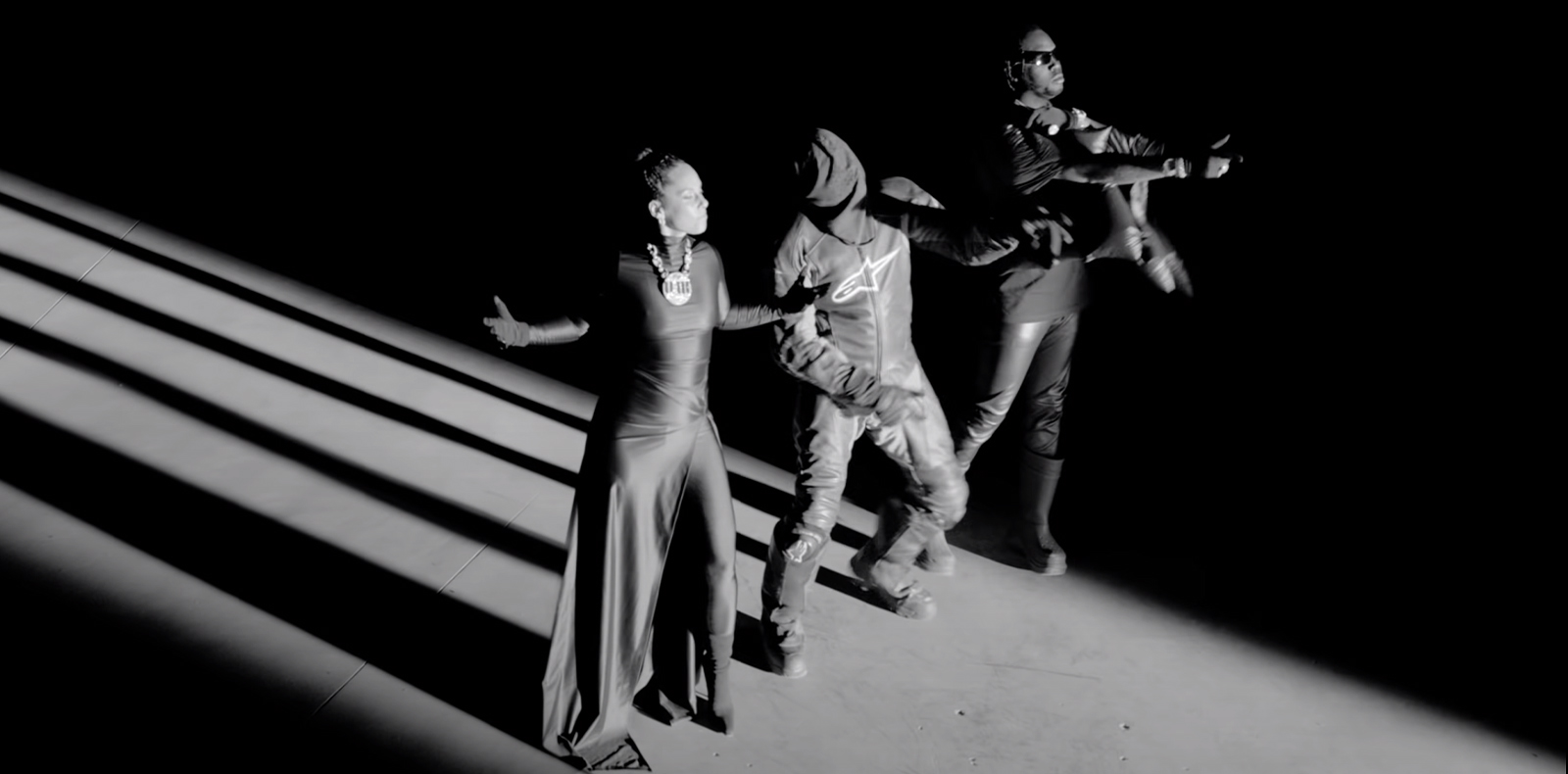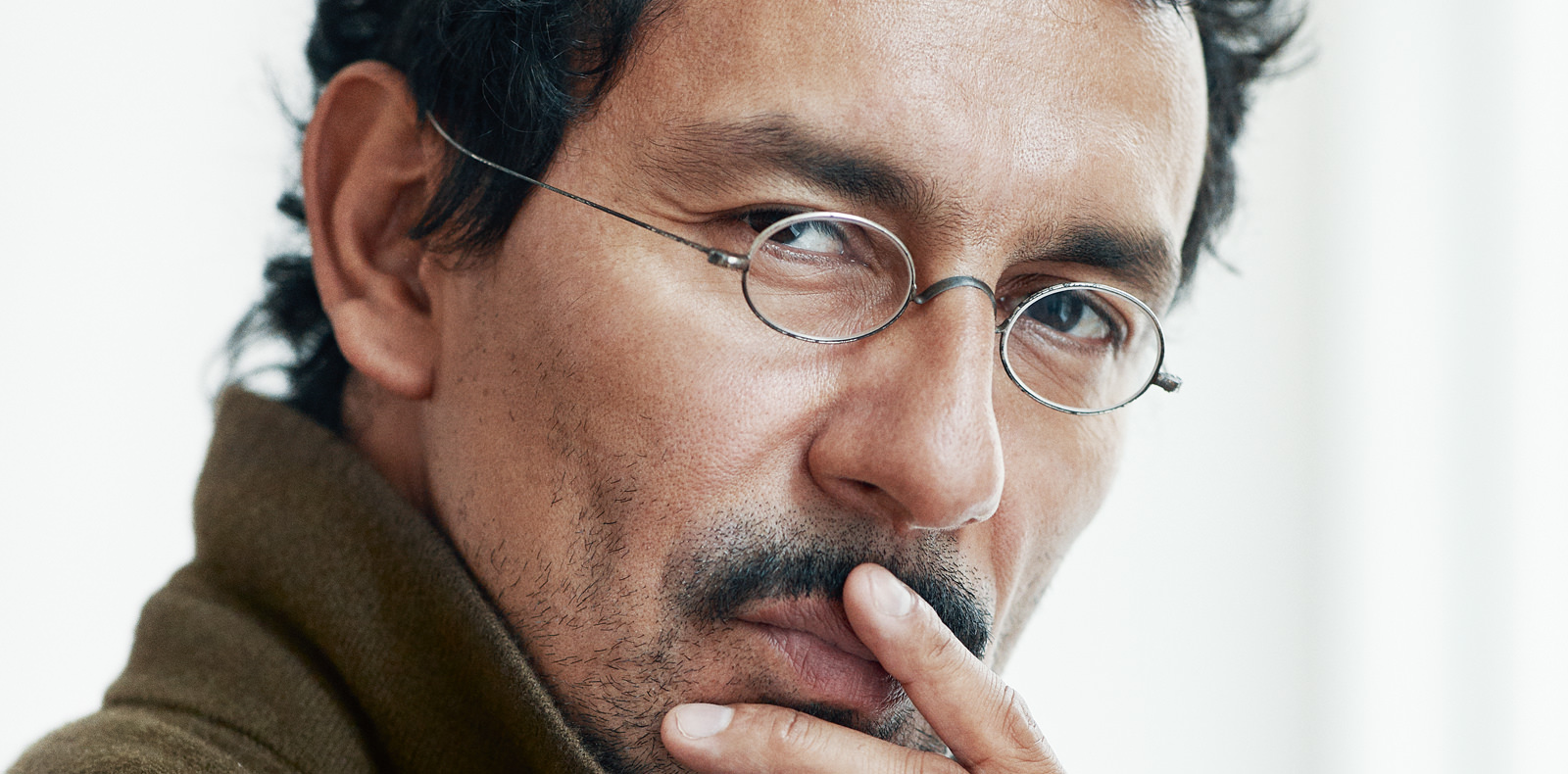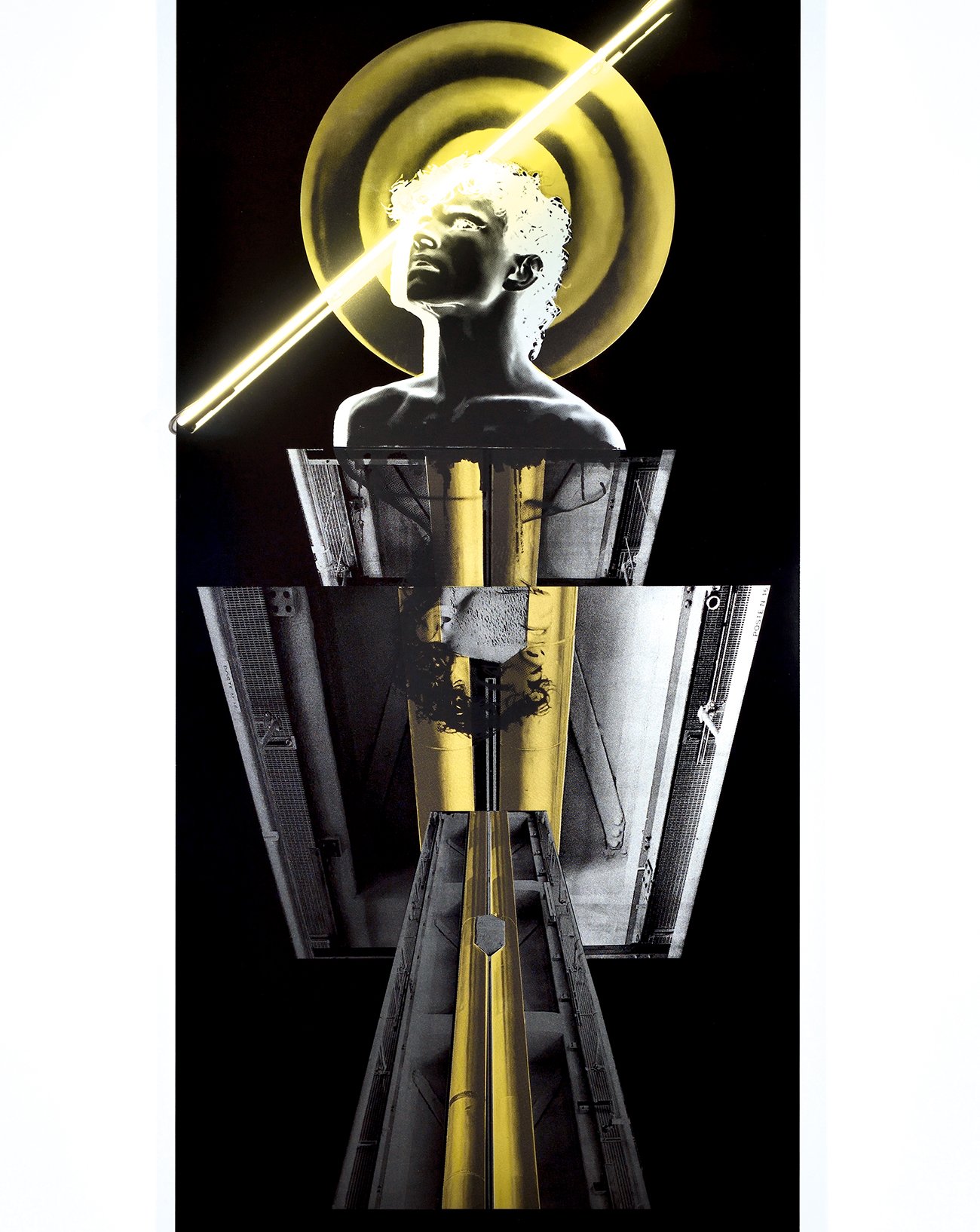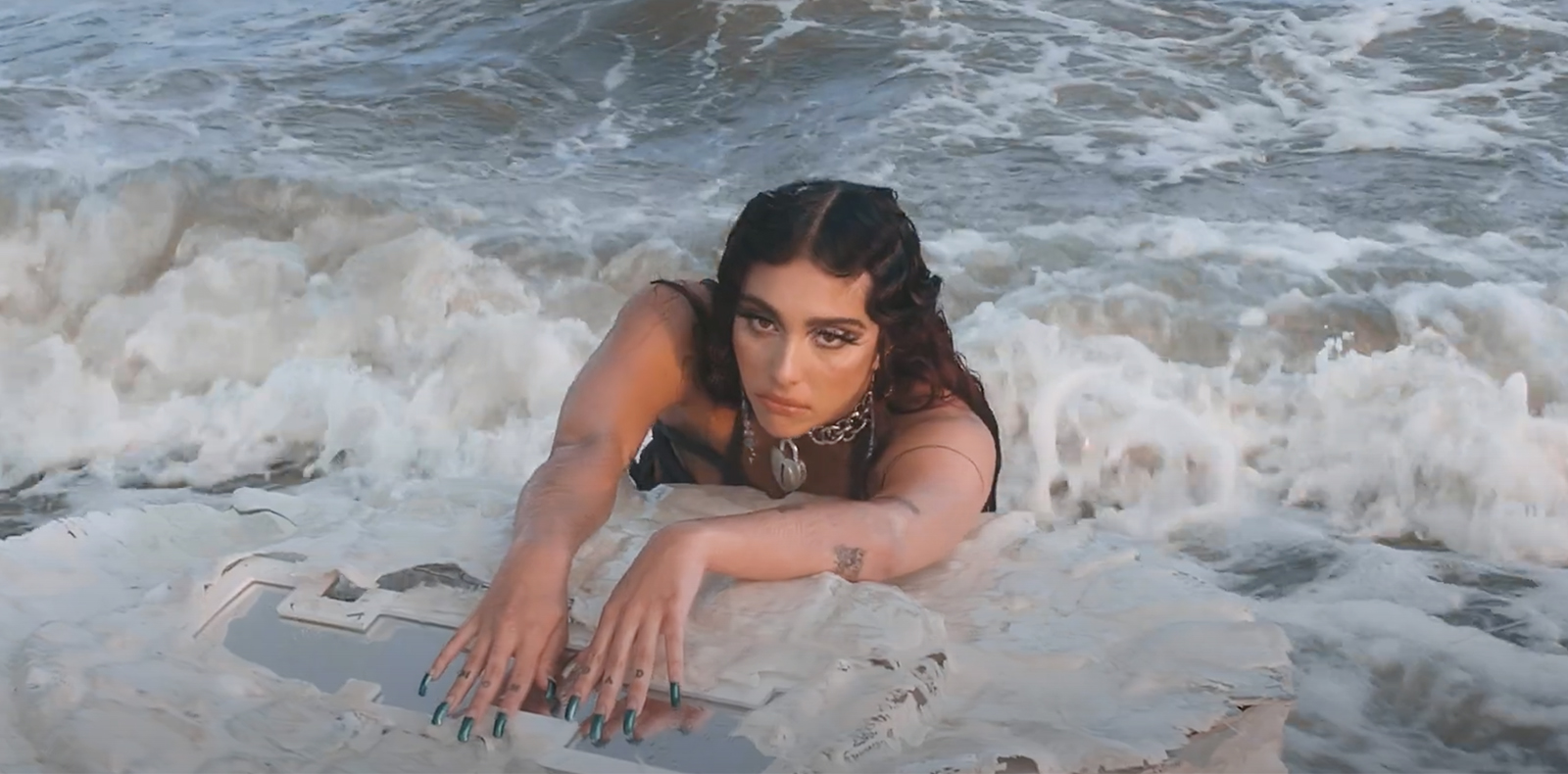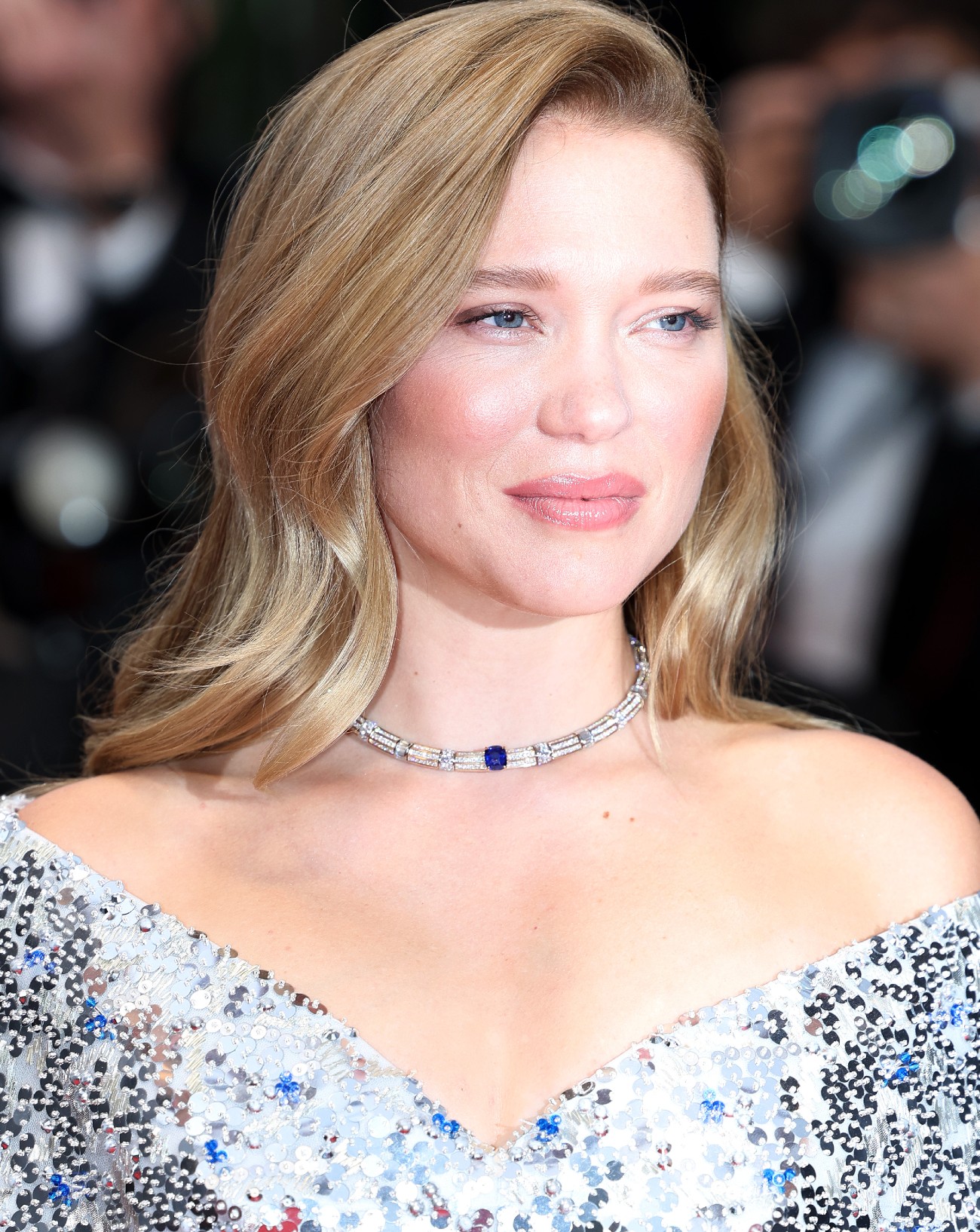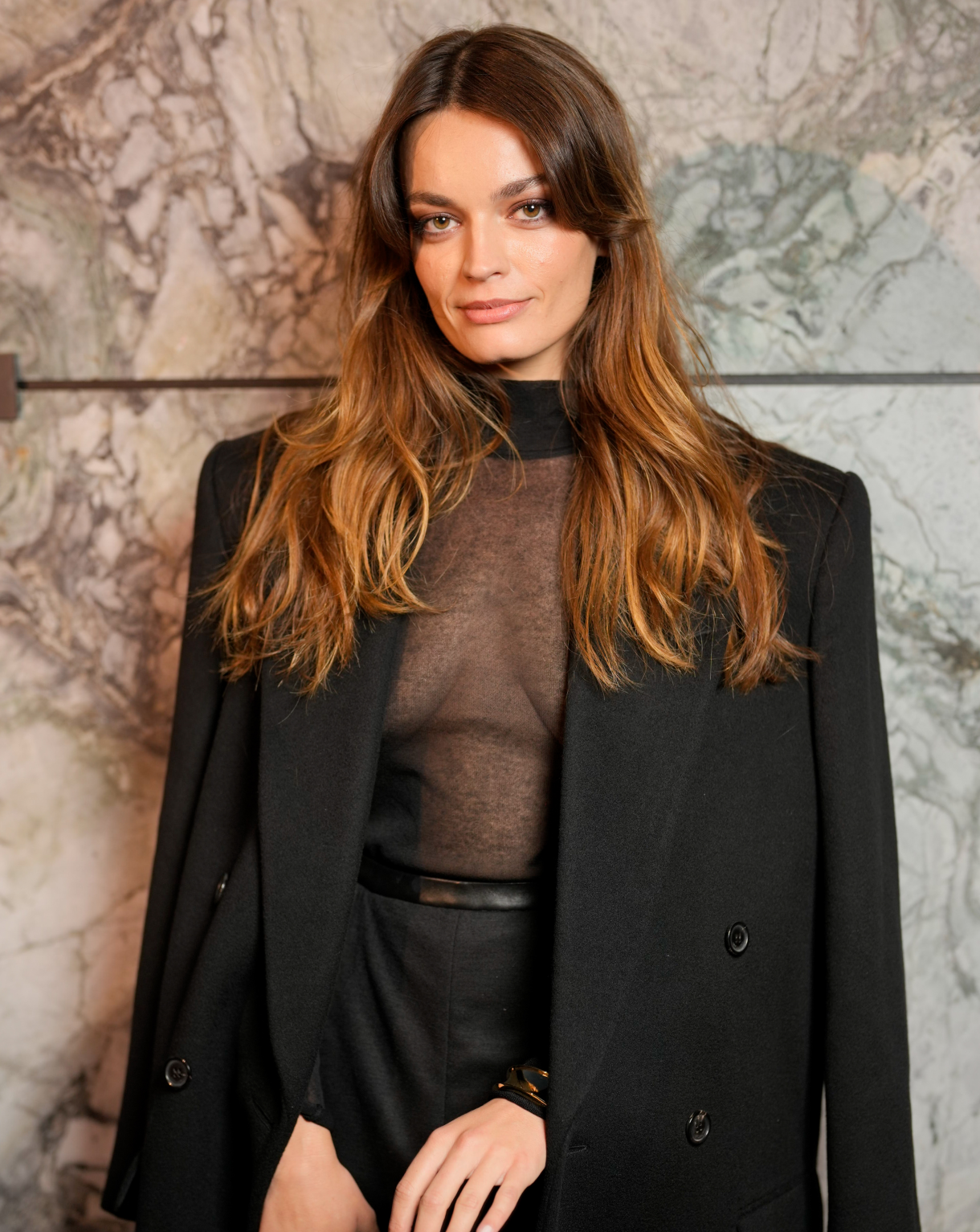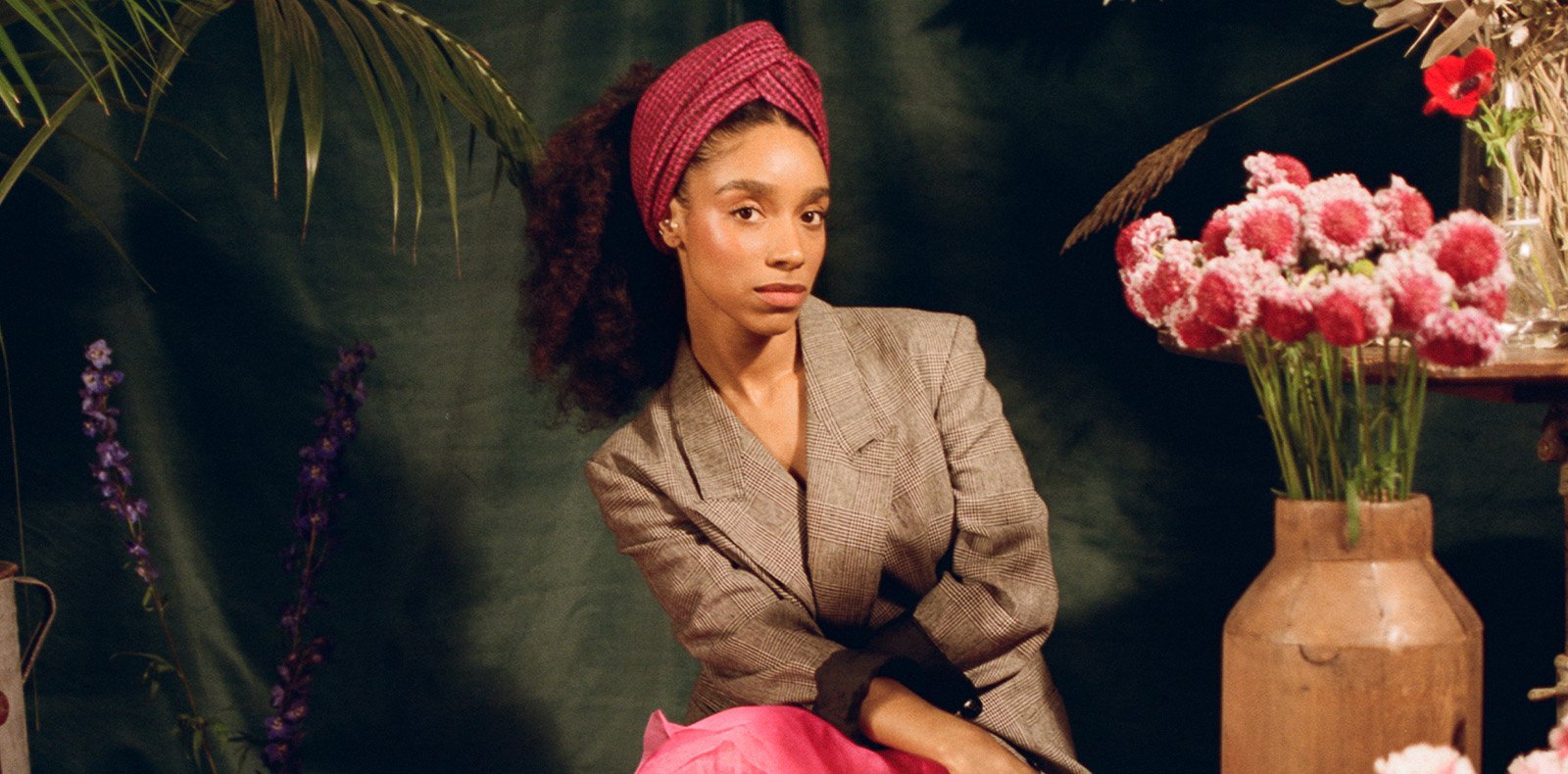
21
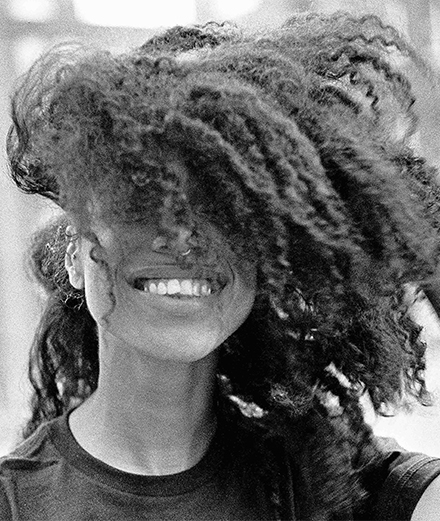
21
Interview with Lianne La Havas: “I am here because of Prince”
Five years after “Blood” (2015), the British singer, songwriter and guitarist, is back with her third studio album, modestly titled “Lianne La Havas”. Imbued with some intimist pop soul, the album reveals a velvet voice, free from any constraint. Entirely produced by the artists, the album offers a sharp insight into the sentimental and captivating world of “Bittersweet”’s interpret.
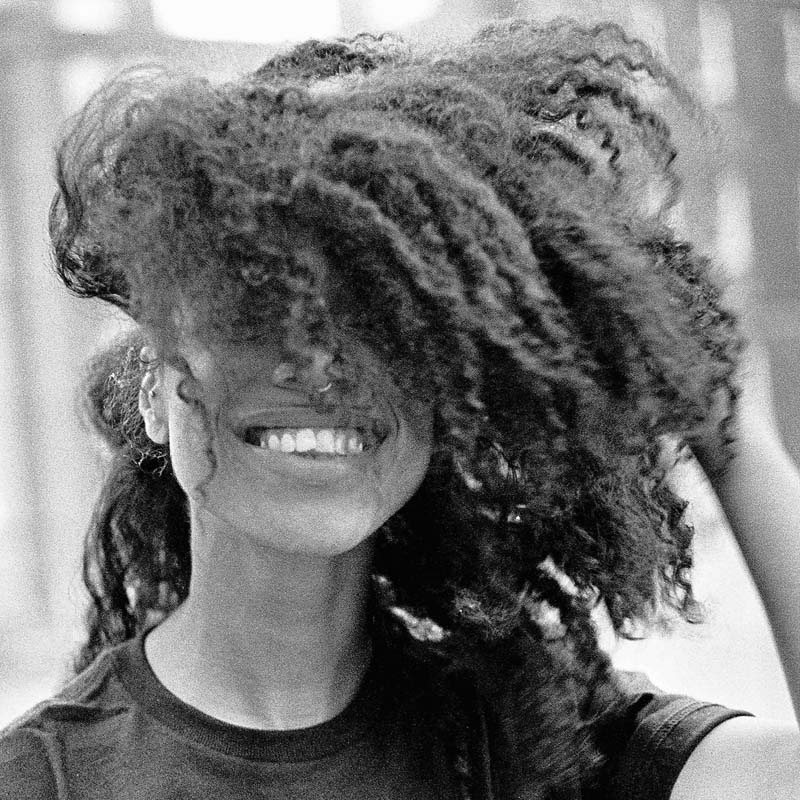
It took five long years and a series of important events before Lianne La Havas rises from her ashes. And it is worth it! On July 17th, the British singer and guitarist discloses a third studio album, which she composes from start to end. From production, to direction and song writing, Prince’s protégée fends for herself. Surrounded by a bunch of vinyl records of her own album, that she struggles signing one by one in her London apartment, Lianne La Havas opens up to Numéro: she talks about her relationship with Stevie Wonder and Prince, and the start of her career in the musical industry.
Numéro: You seem pretty busy at the moment, are you moving house?
Lianne La Havas: A guy came with a truck full of vinyl records heading to Germany. This is my new album. I've got to sign a thousand of them! I am just multitasking at the moment! [Laughs.]
Your new album Lianne La Havas was released on July 17th, five years after the sumptuous Blood (2015). Where were you during all that time?
I fell in love, then I had a massive breakup, I have moved house, I turned 30. A lot of things changed in my life and I have grown up. You can hear all of that in my new album. When I first turned 30, I felt the exact same in front of my birthday cake. Then, when I started to grow into it a bit more, I realised that I was really happy to be at this stage of my life. I have a better sense of who I am and what I want to achieve. I definitely got more focus.
“Lauryn Hill still remains a great inspiration – I still have her MTV Unplugged No. 2.0 album with me.”
Your stage name is made out of your first name Lianne and your father’s surname Vlahavas. Why did you choose to use your stage name as a title for your third album?
This album is the most representative of me now. With the previous ones, I had the feeling that I was developing as I was making them. This one is the result of that evolution.
You have directed and produced Lianne La Havas alone. Why?
I had an amazing time doing my second album Blood, but at the end of it, I felt like I wanted to go deeper with expressing myself, with what I wanted to say and with how I wanted to do music. I love what I did before, but I also feel that I wasn’t completely satisfied. This feeling has inspired the making of my new album. It is very personal work, that I produced myself and create only with my friends and my own band.
Your album appears as a long ballad, with both extended tracks such as Sour Flower and Weird Fishes – the last one being inspired by Radiohead’s song – and moments of pause such as Out of Your Mind (interlude)…
I knew that I wanted ten songs on the album, but I didn’t know yet that I wanted it to be one story with a beginning, a middle and an end. That happened during the process of making it – I knew exactly where each song would come in the track listing and I wanted each song to embody a specific subject matter. For instance, the track Sour Flower deals with self-love and self-care. Therefore, I imagined a long ending with a positive sounding in order to represent the ongoing work that I have done on myself. The interlude marks the exact middle point of the album. It is meant to represent the unravelling from the happy first half to the difficult middle and second half. I also wanted to use my voice in different ways, to play with sounds and textures.
“It is impossible to choose between Prince and Stevie Wonder! I had never imagined I would be able to sit with one or the other. Fortunately, I didn’t meet them at the same time, otherwise I would have probably fainted!”
As a matter of facts, you talk a lot about love in your music and this album is no exception to the rule. However, you are putting an emphasis on your independence, as for your two leading singles Bittersweet and Paper Thin…
Bittersweet is opening the album. It is basically about making changes because you feel that something is wrong, that something has to change, no matter how painful it might be for you. It shows strength when you have to do something like that. The track Paper Thin is one of my favourites! It is very simple, but the message is very personal and private. It was a difficult song to share. At that point, you are right in the middle of the album and things get complicated.
The lyrics contrasts with the dreamy video you have made for the song, in which you are doing some hula hoop!
Exactly! I have done a lot of videos during lockdown. It is another way to express myself that I didn’t explore so far. I look forward directing more videos.
How did you forge this captivating soul that is so peculiar to your music?
Well, I have been playing music since I was a child. I used to sit with my key board and just play. I have made my first song when I was 11, out of some basic chords and basic lyrics. It was called Little Things and it was something about the little things that you never throw away. It was really crappy! [Laughs.] It wasn’t until I turned 18 and learnt how to play the guitar, that I started to take song writing a bit more seriously. Lauryn Hill still remains a great inspiration – I still have her MTV Unplugged No. 2.0 (2002) album with me. I have also found many guitar players on YouTube when I was learning how to play, such as the jazz guitarist Emily Remler. She is the reason why I love to play.
Your other was Jamaican and your father was a Greek multi-instrumentalist. What kind of music did they get you into as a child?
It was pretty eclectic in terms of genre in my house. My mother would play lots of R’n’B and soul. We would listen to Michael Jackson, Stevie Wonder, Mary J. Blige, Jill Scott. My dad loved jazz, so we would listen to Louis Armstrong, Charlie Parker and Ella Fitzgerald. I was raised by my grand-parents, who would to listen to a lot of reggae, because they are from Jamaica…
You also had a chance to meet and become friend with some of the greatest musicians. Amongst Prince and Stevie Wonder, which meeting was the most unexpected?
It is impossible to choose between Prince and Stevie Wonder! I had never imagined I would be able to sit with one or the other. Fortunately, I didn’t meet them at the same time, otherwise I would have probably fainted! [Laughs.] They surely are the greatest musicians that have ever lived. I was incredibly lucky to have known them, especially to have spent some much personal time with Prince. If they have one thing in common, it is the way they committed to their music. Both worked so hard to write the best songs they could ever write, sing and perform them to perfection. I never gave up on music thanks to them.
You started your career pretty young, at the age of 21, as you signed with Warner Record in 2010. An industry that wasn’t as diverse as today ten years ago. How did you evolve in that environment?
I don’t think I was the only non-white artist on my label, but I was definitely the only one my age. I didn’t meet the stereotypical traditional R’n’B singer: I was navigating between genres. Nobody knew where to place me because I was also playing the guitar and I had afro hair. I didn’t really realise it at the time, but as I went through my career, particularly making my second album, I noticed various things that were happening and that didn’t feel quite right.
Did it have an impact on your musical development?
Doing what you like for a living is the most rewarding thing. Nevertheless, people have to understand that it is not as easy as it seems. This industry is very competitive, especially if you are not a white man. In the UK, there is no that many black female artists playing an instrument – they probably have to work twice as hard to get to where they are now. Among managers, sound engineers… I have always felt like that there have never been anybody black working on my projects, which I find astonishing…
Now that you are an ace of production, you may want to create your own label!
I would love to start my own label! [Laughs.] I would also like to have a women school to teach them all about music production, so that they can be managers, producers, lighting people, sound engineers…
Last April, you did an Instagram live with the American singer H.E.R. What have you got in store for us?
I joined H.E.R. for the “Girls with Guitars” initiative. We talked about a potential collaboration on Instagram. I hope we will be able to work out something together, she seems up for it! Hopefully I can go and visit her in New York, when everyone will be able to travel again. I do have some collaborations I have made during lockdown that will come out soon, but I can’t talk about them at the moment. Right now, I am taking the time to be artistically more productive as I can’t play live – it means doing more music, more videos, more art.
Lianne La Havas (2020) by Lianne La Havas available [Warner Records].






